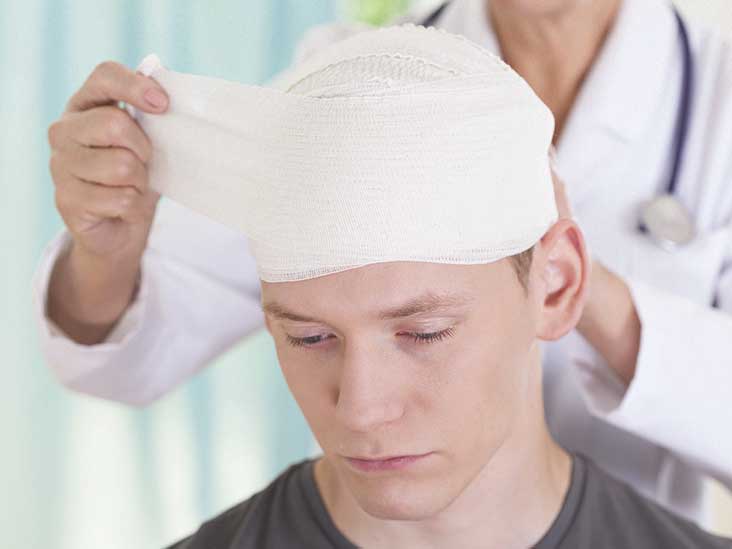The Cause and Effect of Blunt Force Head Trauma
Head trauma is among the most unpredictable injuries you can suffer in an accident. The brain, while widely studied, is still hard to understand when it comes to physical trauma. While some victims may recover without any side effects, others may struggle with their injuries for the rest of their lives. From car accidents and sports injuries to assault, there are many things that cause head trauma.
Learn more about how blunt force head trauma can impact you, and if you’re looking for help with a personal injury claim, it’s time to talk to Reeves & Mestayer. Call us at 1-855-558-2977 to set up a consultation now.
What Causes Blunt Force Head Trauma?
Some of the most common causes of blunt-force head trauma include:
- Car crashes: Car crashes are the most common cause of blunt force head trauma in the United States. In a crash, a victim may strike their head on the dashboard, on the ground, or on another obstacle.
- Assault: Assault and other types of violent crime often result in head trauma. Intentional physical assault, burglary, and other criminal activity may leave a victim suffering for the rest of their life.
- Workplace accidents: Workplace injuries are incredibly common across a wide range of industries, including construction, manufacturing, and retail. Workplace accidents may result in objects falling on a victim’s head, crush injuries, and falls.
- Falls: A fall can easily cause blunt force head trauma and falls from heights are more likely to result in severe head trauma.
- Sports: Football, wrestling, and other physical sports are a common source of head trauma, especially for minors and professional athletes.
How Head Trauma Can Affect You
Head trauma causes a wide range of injuries, including concussions and traumatic brain injuries at all levels of severity. Traumatic brain injuries vary quite a bit in severity—while a minor TBI may cause nothing more than a headache and go away within a couple of days, a severe traumatic brain injury may leave a victim comatose for the rest of their lives. Traumatic brain injuries can impact every part of the brain’s function, from gross and fine motor skills to communication, emotional regulation, bowel and bladder control, and memory.
Common Symptoms to Watch For
If you’ve suffered an injury and you hit your head, it’s important to seek immediate medical care and watch out for common head trauma symptoms. These symptoms include:
- Loss of consciousness
- Inability to wake
- Headache, especially one that worsens with time
- Dizziness and loss of balance
- Difficulty speaking (inability to think of words or slurring speech)
- Fatigue
- Sensitivity to light and sound
- Sense of taste that’s “off”
- Memory issues
- Difficulty concentrating
- Depression and anxiety
Long-Term Effects of Head Trauma
Those who suffer moderate or severe traumatic brain injuries may have long-term injuries. Outcomes vary widely, and in many cases, outcomes depend on how quickly a patient receives treatment. That’s one reason it’s so important to get checked out by a doctor as soon as possible after an accident—it could give you a better chance at a full recovery.
Those who suffer severe TBIs may be in a comatose state indefinitely or for the rest of their lives. Those with severe TBIs can also suffer:
- Loss of speech or ability to communicate
- Inability to stand or walk independently
- Loss of bowel and bladder control
- Loss of all previous memories or inability to form new memories
- Emotional outbursts and significant mood swings
- Inability to hold items or do other tasks that require fine motor skills
As you may imagine, these injuries severely impact a victim’s quality of life. A serious TBI often leaves a victim unable to work, in need of live-in or around-the-clock care, and in need of ongoing medical care for the rest of their lives. That’s why it’s crucial to go to the doctor right away after an accident and talk to an attorney.
Explore Your Legal Options with Reeves & Mestayer
If you’ve suffered a head injury as a result of another person’s negligence, you may be able to sue them for compensation. We can help—you shouldn’t have to carry the burden of their mistake on your own. Call us at 1-855-558-2977 or send us a message online to set up a time to talk to our team now.







